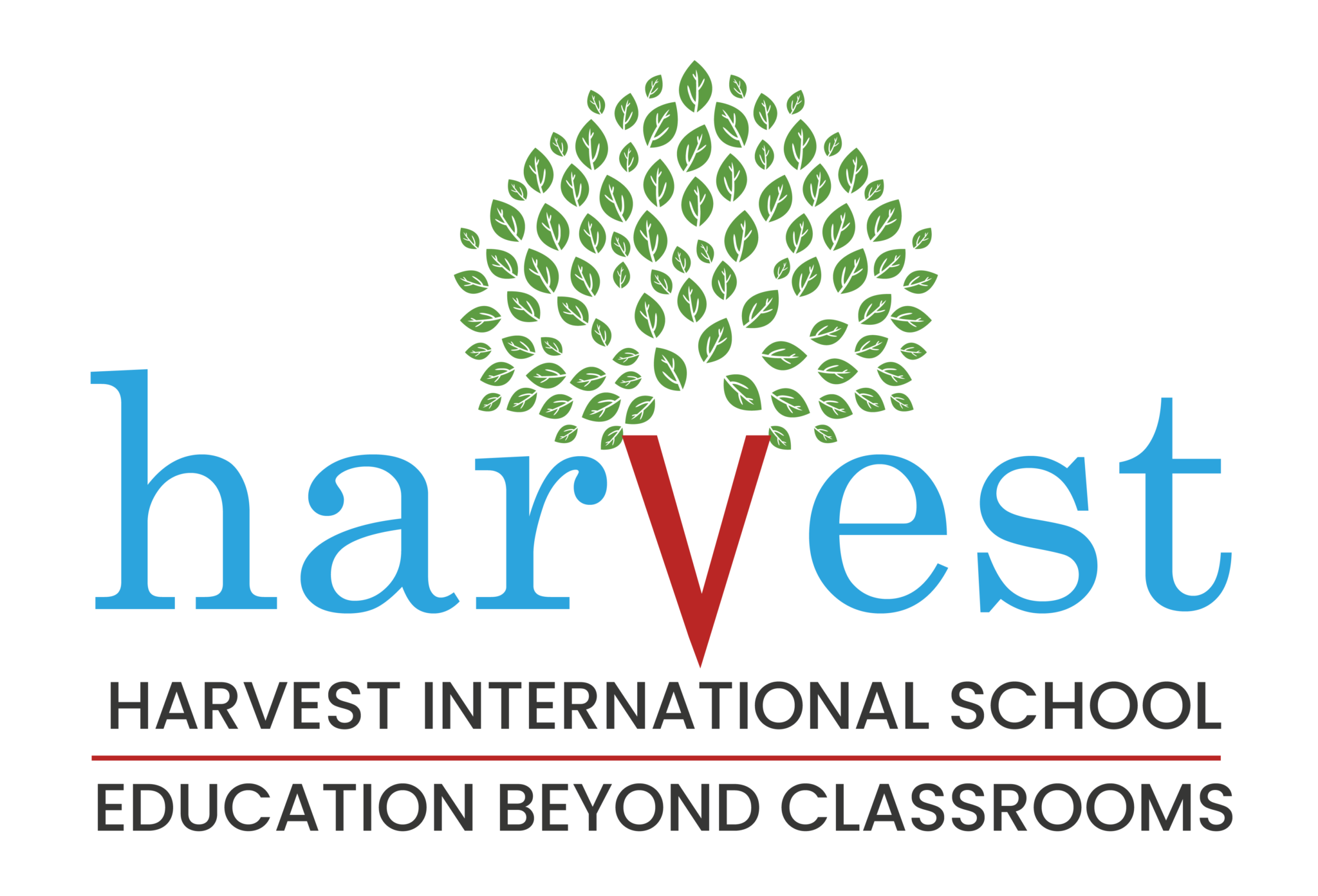Why Some Languages Are Harder to Learn Than Others
- why some languages are harder to learn
- why some languages are harder to learn
- language learning challenges
- language learning challenges
- Harvest International School
- Harvest International School
- CBSE schools in Electronic City
- CBSE schools in Electronic City
- difficult languages to learn
- difficult languages to learn


why some languages are harder to learn
Language learning is a fascinating journey that opens doors to new cultures, ideas, and ways of thinking. However, not all languages are equally easy to master. Some languages pose significant challenges due to their complex grammar, unfamiliar sounds, or intricate writing systems. But why is this the case? In this blog, we explore the factors that make some languages more difficult to learn than others and how students at Harvest International School, one of the best schools in Electronic City, can approach language learning effectively.
Factors That Affect Language Learning Difficulty
Several factors contribute to the difficulty of learning a language. These include linguistic distance, writing systems, grammar complexity, pronunciation, and cultural context. Let’s explore each of these in detail.
- Linguistic Distance
Linguistic distance refers to how different a target language is from a learner’s native language. For example, for English speakers, learning Spanish or French is relatively easier because they share many vocabulary words and grammatical structures. However, languages like Mandarin Chinese, Arabic, or Japanese have vastly different structures, making them more challenging.
At Harvest International School, one of the best CBSE schools in Bangalore, students are encouraged to study multiple languages, which helps them understand linguistic distance and develop strategies to overcome these challenges. Our curriculum is designed to expose students to different languages, helping them gain confidence in tackling even the most complex ones.
- Writing Systems
Some languages use entirely different writing systems, which can be a major hurdle for learners. English, for example, uses the Latin alphabet, while languages like Russian use Cyrillic, Arabic has an entirely different script, and Chinese relies on thousands of characters. Learning a new script takes time and practice.
Students at Harvest International School, one of the best international schools in Electronic City, benefit from structured language courses that introduce them to different writing systems progressively. With dedicated language labs and experienced faculty, students gain hands-on experience in reading and writing new scripts effectively.
- Grammar Complexity
Grammar rules vary widely between languages, and some can be incredibly complex. For example, in English, word order plays a crucial role in meaning, while in languages like Russian or Latin, word endings (cases) dictate grammatical function. Similarly, languages like Japanese and Korean use honorifics and hierarchical speech levels, adding another layer of difficulty.
As one of the good CBSE schools in Sarjapur Road Bangalore, Harvest International School emphasizes a strong foundation in grammar across languages. Our interactive teaching methods ensure that students grasp even the most intricate grammar rules through engaging exercises and real-world applications.
- Pronunciation and Phonetics
Pronunciation can be another major hurdle. Some languages have sounds that don’t exist in others. For example, the French nasal sounds, the rolling ‘r’ in Spanish, or the tonal variations in Mandarin Chinese can be difficult for learners who are not accustomed to them.
At Harvest International School, one of the best schools in Electronic City, we use language labs and phonetic training to help students refine their pronunciation. Our language programs include listening exercises, pronunciation drills, and conversational practice, ensuring that students develop confidence in speaking.
- Cultural Context and Idioms
Language is deeply connected to culture. Understanding cultural references, idioms, and expressions is essential for fluency. Some languages rely heavily on context, and direct translations don’t always work. For instance, Japanese has words that change depending on the speaker’s relationship with the listener, making cultural knowledge crucial.
As one of the best CBSE schools in Bangalore, Harvest International School integrates cultural immersion activities into its language programs. From celebrating international language days to interactive storytelling sessions, students gain exposure to different cultures, making it easier to understand the context behind the words they learn.
Examples of Difficult Languages
Some languages are considered harder to learn than others due to their unique features. Here are a few:
- Mandarin Chinese – Has a complex writing system and tonal pronunciation.
- Arabic – Uses a script that changes form depending on letter placement and has a rich system of root-based words.
- Japanese – Uses three different writing systems (Kanji, Hiragana, and Katakana) and has intricate levels of formality.
- Hungarian – Has 18 grammatical cases and complex word formation.
Despite these challenges, students at Harvest International School, one of the best international schools in Electronic City, are encouraged to take on language learning with enthusiasm. Our language faculty provides step-by-step guidance, helping students gradually build proficiency in even the toughest languages.
Strategies for Learning Difficult Languages
If you’re learning a challenging language, don’t worry! Here are some strategies to make the process smoother:
- Immerse Yourself in the Language
Exposure is key. Listening to music, watching movies, and reading books in the target language can significantly improve comprehension and retention.
- Practice Speaking Regularly
Speaking regularly helps reinforce learning. At Harvest International School, one of the best schools in Electronic City, we encourage students to engage in conversations, join language clubs, and participate in role-playing exercises.
- Break Down Grammar into Manageable Parts
Instead of trying to understand everything at once, focus on learning one rule at a time. Grammar exercises and visual charts can make complex rules easier to grasp.
- Use Technology and Apps
Apps like Duolingo, Anki flashcards, and language exchange platforms make learning more interactive and fun.
- Stay Consistent and Patient
Language learning takes time. Practising a little every day is more effective than cramming once in a while. At Harvest International School, one of the best CBSE schools in Bangalore, we ensure that students receive continuous support in their language-learning journey.
Conclusion
The difficulty of learning a language depends on multiple factors, including linguistic distance, grammar complexity, pronunciation, writing systems, and cultural nuances. However, with the right approach, even the hardest languages can be mastered. As one of the good CBSE schools in Sarjapur Road Bangalore, Harvest International School provides students with the resources and support they need to excel in language learning. Whether learning an easy or difficult language, persistence, practice, and passion are key to success.
At Harvest International School, we believe that language learning should be an exciting and rewarding experience. Through immersive programs, expert guidance, and interactive learning methods, we empower students to confidently navigate the world of languages. So, embrace the challenge, stay committed, and unlock the doors to a world of linguistic possibilities!
